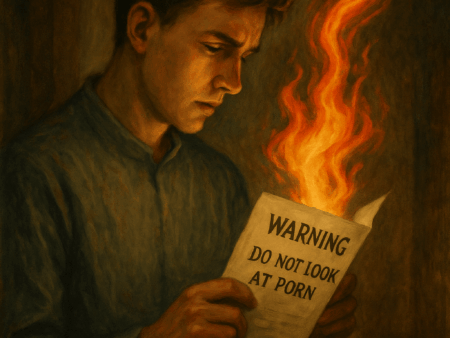Explore the fascinating mysteries of the Lesser and Greater Key of Solomon. What is their origin, and are these mystical texts real or allegorical?
The Lesser and Greater Key of Solomon: Origins, Authenticity, and Mystical Texts
The Lesser and Greater Key of Solomon: Origins, Authenticity, and Mystical Texts
For centuries, the Solomonic magical texts, known as the Lesser Key of Solomon and the Greater Key of Solomon, have fascinated historians, occultists, and seekers of esoteric knowledge. But what exactly are these texts, where did they originate from, and is the Key of Solomon real? In this blog post, we delve deep into the history, significance, and content of these remarkable works.
Solomonic Books Origin: Unveiling the Mystery
The Key of Solomon, also known as Clavicula Salomonis, is often divided into two main parts: the Lesser Key of Solomon and the Greater Key of Solomon. These texts are considered central to Western ritual magic and are attributed to King Solomon, renowned for his wisdom and control over spirits.
The Legend of King Solomon
King Solomon, the biblical figure, is said to have used his divine wisdom to control demons and spirits. The idea of Solomon having a magical ‘key’ or a series of instructions to invoke these powers powers the legend. However, like much of ancient lore, the authenticity of such claims is difficult to substantiate.
The Greater Key of Solomon: A Manual for Divination and Rituals
The Greater Key of Solomon is essentially a grimoire—a magical textbook—that provides detailed instructions on how to summon and bind supernatural entities. Although the text claims to offer insights into divine powers, its exact origins remain somewhat murky.
Key of Solomon History: Tracing Its Roots
Historians suggest the Greater Key of Solomon was compiled using texts from the 14th to 17th centuries. It first appeared in manuscripts in the Middle Ages, suggesting an origin that intertwines Judaic mysticism, Arabic influences, and subsequent European occult traditions.
The Lesser Key of Solomon: Exploring the Goetia
The Lesser Key of Solomon, or Lemegeton, is perhaps more renowned due to its Goetia section. This part lists 72 demons supposedly summoned and confined by Solomon himself.
Is the Lesser Key of Solomon Real?
Although the text was first compiled in the 17th century, the narratives likely stem from earlier sources. Whether one believes in the literal existence of demons and Solomon’s dominion over them varies among cultures and beliefs. The book’s realness is thus subject to interpretation, much like many other ancient mystical texts.
Key of Solomon Authenticity: Evaluating the Claims
The question Is the Key of Solomon real? requires understanding these texts in their historical and cultural context. Scholars agree they are composite works influenced by centuries of magical and occult practice. Their purpose was less about spell-casting for material gain and more about spiritual enlightenment and metaphoric self-improvement.
The Manuscript Variations
Multiple versions and translations of the Key of Solomon exist, each contributing to the complexity and difficulty of confirming its originality. These variations highlight human intrigue and the evolving mythology around King Solomon.
Conclusion: The Enduring Legacy of Solomonic Magic Texts
While absolute proof of the Key of Solomon’s authenticity remains elusive, its cultural and historical significance is undoubted. Whether as a serious study of ancient magic or a collection of intriguing tales reflecting humanity’s yearning for power and wisdom, these works continue to inspire. Ultimately, they remind us of the thin line between mythology and history, urging us to ponder the greater mysteries of the universe.
The Lesser Key of Solomon and Greater Key of Solomon serve as portals to explore ancient beliefs, offering a window into the mystical and the arcane. As we peel back the layers of the Solomonic books’ origin and assess their authenticity, we enrich our understanding of ancient cultural practices.
Indeed, whether the Key of Solomon is a work of reality or elaborate allegory, it remains a crucial fragment in the tapestry of Solomonic magic texts, ensuring it remains an enduring part of our cultural history.








